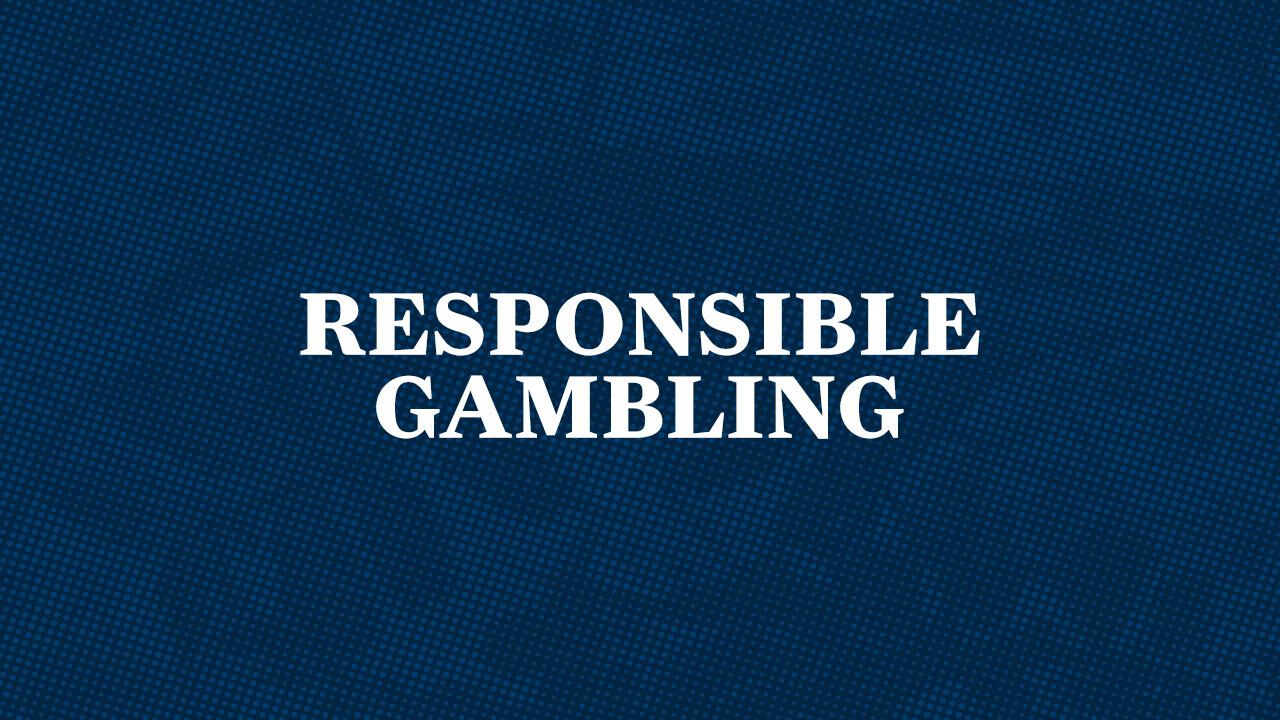
In recent years, the legalization and widespread availability of sports betting and online casinos have raised concerns about the potential risks associated with gambling. To ensure the well-being of individuals engaging in such activities, the significance of responsible gambling cannot be overstated. While gambling can be an enjoyable form of entertainment, it is essential to understand the potential consequences of irresponsible gaming. This guide aims to educate individuals on responsible gambling practices and provide resources for those who may need support.
Understanding responsible gambling
Responsible gambling goes beyond mere adherence to rules and regulations. It involves a mindful and conscientious approach towards gambling activities. To foster responsible gambling habits, consider the following principles:
- Establish and maintain limits: Set clear limits on the amount of money and time you dedicate to gambling activities. Adhere to these limits strictly, ensuring they align with your financial and personal circumstances.
- Educate yourself: Take the time to understand the nature of the bets you place, including their odds, potential losses, and potential gains. Make informed decisions based on rational judgment rather than impulsive desires.
- Emotional well-being: Refrain from gambling when experiencing heightened emotional states, such as stress, anxiety, or sadness. Emotional instability can cloud judgment and lead to poor decision-making.
- Self awareness: Be aware of your personal vulnerabilities, particularly if you have a history of addiction or struggles with mental health. Exercise caution and self-awareness to avoid falling into patterns of addictive behavior.
- Financial considerations: Only gamble with disposable income that you can afford to lose. Never gamble with money intended for essential expenses, such as rent, bills, or medical needs. Financial stability should always be the priority.
- Seeking help: If you suspect you may have a gambling problem or are experiencing difficulties controlling your gambling habits, seek professional assistance promptly. There are numerous resources available to provide support and guidance.
Signs of problematic gambling
Problematic gambling can manifest in various ways, and it is essential to be vigilant about recognizing potential warning signs. If you notice any of the following indicators, it may be an indication of problematic gambling:
- Negative impacts: Your gambling activities lead to negative consequences in your personal, professional, or financial life, which may extend to your relationships, work performance, or personal well-being.
- Financial desperation: Engaging in desperate measures to acquire funds for gambling, such as borrowing money or resorting to illegal activities.
- Neglecting responsibilities: Prioritizing gambling over your responsibilities to family, work, or other important aspects of your life. This can result in strained relationships and a decline in overall functioning.
- Financial instability: Gambling with money allocated for essential needs, such as rent, bills, or savings, compromising your financial stability and overall well-being.
- Past history: A history of addictive behavior or mental health issues that may predispose someone to developing a gambling problem.
- Dishonesty and secrecy: Lying, being deceitful, or engaging in secretive behavior about your gambling activities to family, friends, or loved ones.
- Emotional distress: Using gambling as a means of escaping from personal problems or to alleviate emotional distress.
- Illusion of income: Viewing gambling as a source of income rather than recognizing it as a form of entertainment.
- Consistent urge to gamble: Feeling an ongoing compulsion to gamble, experiencing restlessness or irritability when unable to do so.
- Anxiety and preoccupation: Persistent thoughts about gambling, preoccupation with betting-related activities, and an overall increase in anxiety when not engaged in gambling.
Resources for gambling problems
Recognizing the need for assistance and seeking support is an essential step in addressing gambling-related issues. The following resources are available to help individuals dealing with gambling problems:
- National Council on Problem Gambling (NCPG): The NCPG offers valuable resources, including a helpline (1-800-522-4700), screening tools, state-specific guides, and a comprehensive list of gambling resources.
- Gamblers Anonymous (GA): GA provides a supportive community through its twelve-step program for individuals struggling with gambling addiction. In-person, virtual, and phone meetings are available across the United States.
- Professional help: Consulting with a licensed psychologist or mental health professional experienced in treating gambling-related issues can provide personalized support and guidance.
Strategies for responsible gambling
Developing responsible gambling strategies can help individuals maintain a balanced and mindful approach to their gambling activities. Consider incorporating the following practices:
- Set limits: Establish clear limits for your gambling activities, including financial limits (such as deposit or wagering limits) and time limits. Self-imposed restrictions can prevent excessive gambling and promote responsible behavior.
- Educate yourself: Deepen your understanding of the games, bets, and odds involved in your gambling activities. Informed decision-making based on knowledge and rationality can reduce impulsive behaviors.
- Emotion regulation: Prioritize emotional well-being and practice effective emotion regulation techniques. Engage in gambling activities only when in a calm and balanced state of mind.
- Diversify your interests: Cultivate a range of hobbies and interests beyond gambling to maintain a well-rounded lifestyle. This diversification can help prevent an over-reliance on gambling for entertainment.
- Practice self-care: Focus on self-care activities such as exercise, relaxation techniques, and socializing to maintain overall well-being and minimize the allure of gambling as an escape.
Responsible gambling requires a proactive and mindful approach to ensure a safe and enjoyable experience. By understanding the principles of responsible gambling, recognizing potential signs of problematic gambling, and accessing appropriate resources, individuals can make informed decisions and protect their well-being. Remember, responsible gambling is not only about following guidelines but also about maintaining a healthy balance in life.
Dimers.com provides exclusive sports betting content to SILive.com, including sports new, picks, analysis and sportsbook promotions to help bettors get in on the action. Please wager responsibly.
If you or a loved one has questions or needs to talk to a professional about gambling, call 1-800-GAMBLER or visit 1800gambler.net for more information.